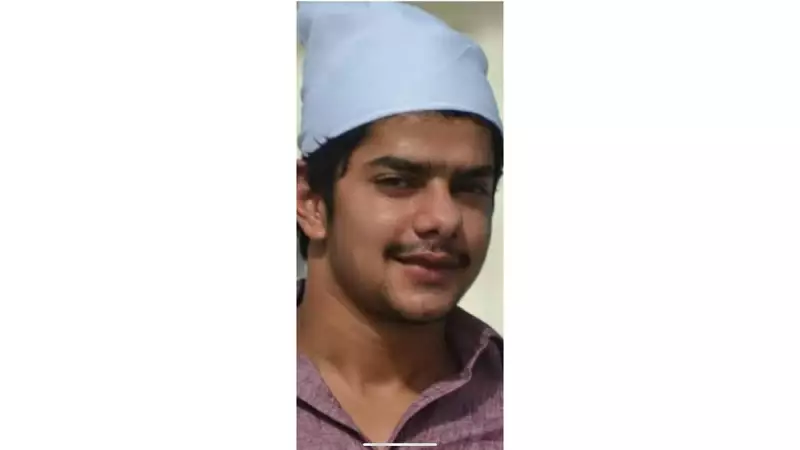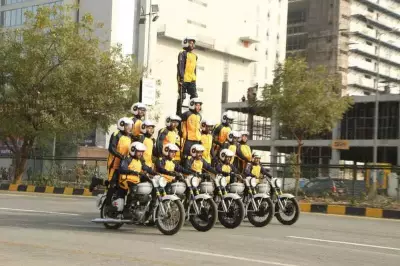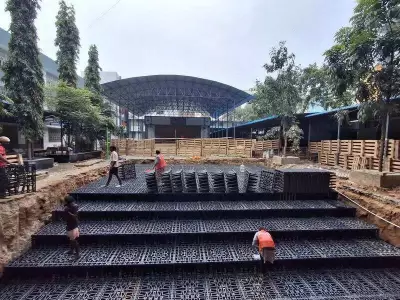
In a significant breakthrough for Indian law enforcement agencies, Anmol Bishnoi, one of India's most wanted criminals and the prime accused in the sensational Baba Siddique murder case, has been deported from the United States. This development marks a crucial turning point in the high-profile investigation that has gripped the nation for months.
The Deportation and Arrest
According to official sources, Anmol Bishnoi was deported from the United States and taken into custody by Indian authorities upon his arrival. The deportation process involved coordinated efforts between multiple agencies, including the Ministry of External Affairs and international law enforcement partners. The accused had been evading capture for an extended period while allegedly operating his criminal activities from abroad.
Security officials confirmed that Bishnoi had been living in the United States under questionable immigration status. His deportation represents a major victory for Indian authorities who have been pursuing him internationally. The Delhi Police Special Cell played a pivotal role in tracking his movements and facilitating the legal processes required for his return to India.
Connection to Baba Siddique Murder
Anmol Bishnoi stands accused as the primary conspirator in the murder of Baba Siddique, a case that sent shockwaves through the criminal underworld and law enforcement circles. The murder, which occurred in a dramatic fashion, was allegedly orchestrated by Bishnoi from overseas, demonstrating the evolving nature of transnational organized crime.
Investigators have uncovered substantial evidence linking Bishnoi to the planning and execution of the murder. The accused is believed to have coordinated with local accomplices in India while maintaining his distance geographically. This modus operandi had complicated the investigation until recent breakthroughs enabled authorities to establish concrete digital and financial trails connecting him to the crime.
Criminal Network and Implications
Anmol Bishnoi is recognized as a key figure in the Lawrence Bishnoi criminal syndicate, one of the most feared organized crime groups operating in Northern India. His deportation and subsequent prosecution are expected to deal a significant blow to the organization's international operations and funding networks.
Law enforcement agencies anticipate that Bishnoi's custody will yield crucial intelligence about the gang's overseas connections, money laundering operations, and planned criminal activities. The successful deportation also sets an important precedent for international cooperation in combating transnational crime networks that exploit global mobility to evade justice.
The case has highlighted the growing challenge of criminals operating across international borders while targeting victims in India. Authorities have emphasized the need for enhanced international legal frameworks and faster information sharing mechanisms to combat this emerging threat effectively.
Legal Proceedings and Next Steps
With Anmol Bishnoi now in Indian custody, the Delhi Police is preparing to present him before court and seek custody for detailed interrogation. Investigators are particularly interested in uncovering the complete conspiracy behind Baba Siddique's murder and identifying all accomplices involved in the execution of the crime.
Legal experts suggest that the evidence gathered during the investigation, including digital communications, financial transactions, and statements from arrested accomplices, will form the core of the prosecution's case. The deportation from the United States adds an international dimension to the legal proceedings that will require careful handling of jurisdictional and evidentiary matters.
This case represents one of the most significant extraditions or deportations in recent years involving an Indian gangster operating from foreign soil. The successful operation demonstrates India's growing capability to pursue criminals across international boundaries and bring them to justice through diplomatic and legal channels.





